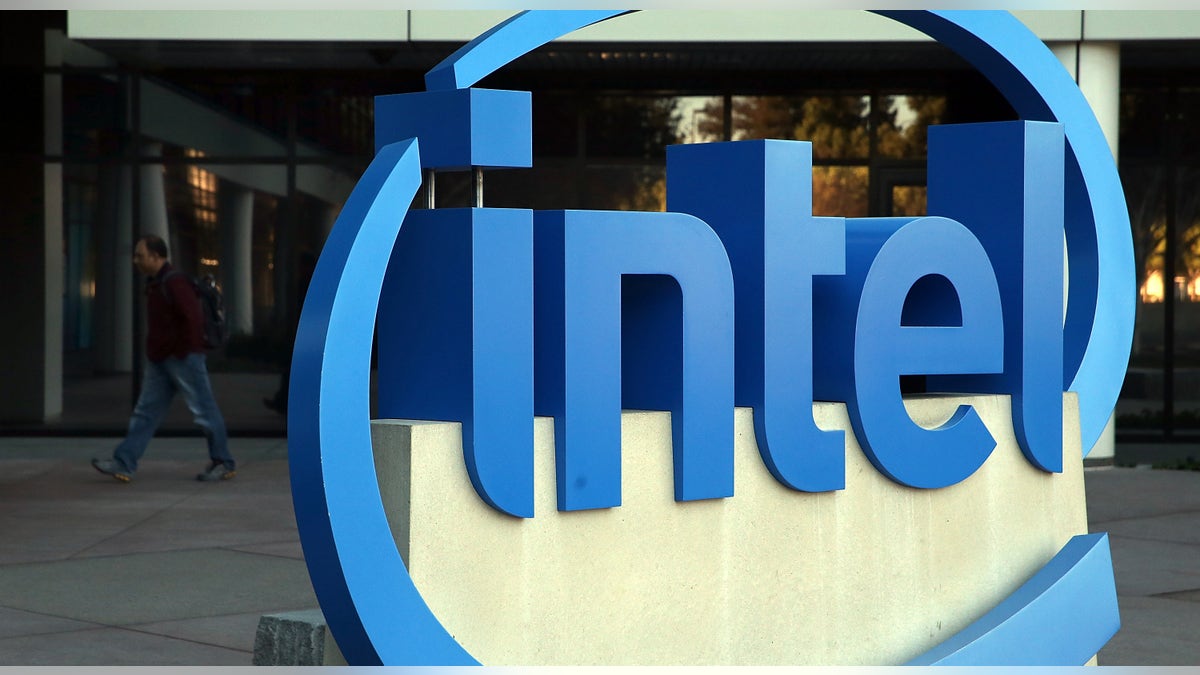
File photo: SANTA CLARA, CA - JANUARY 16: The Intel logo is displayed outside of the Intel headquarters on January 16, 2014 in Santa Clara, California. (Photo by Justin Sullivan/Getty Images) (2014 Getty Images)
Over the next few weeks there's a very good chance your PC or laptop is going to take a significant performance hit. The worst case scenario being it will get 30 percent slower. Worse than that is the fact you can do nothing about it as the slow down is a side effect of fixing a major design flaw in Intel processors.
If your computer uses an Intel processor produced in the last decade, then it probably contains the design flaw. I can't tell you exactly what the flaw is yet because Intel is keeping the details under lock and key until operating system patches have been released. Those patches will have to be made for Linux, Windows, and macOS.
As The Register reports, the flaw is thought to allow user programs to gain access to protected kernel memory areas. The kernel is the core of an operating system which controls anything and everything running on a system. It is therefore extremely important the kernel memory remains secure due to the sensitive information it can contain.
Although nobody outside of Intel knows the specifics, the flaw is thought to be so serious it could allow any software, even a bit of JavaScript running in a web browser, to access and steal data stored in the protected kernel memory. So that includes your passwords, login keys, or any files that happen to be cached when unauthorized access occurs.
More From PCmag
The vulnerability alone is bad enough, but the fix makes the situation even worse. Closing the security hole made possible by the chip design flaw will result in a significant performance hit to each system. Current estimates suggest that performance hit could be as high as 30 percent. You read that right, once your system is patched it may run 30 percent slower for certain tasks.
There is no way around this if your system uses an Intel chip. Some newer processor models are thought to be immune, or at least better able to work around the flaw, but until Intel releases specifics we can't confirm which ones. If you are running an AMD processor, you're fine. AMD confirmed its processors are not vulnerable.
Linux kernel patches are already available, with Microsoft expected to role out the Windows patch for the next Patch Tuesday happening next week. Also keep in mind this flaw will impact all of Intel's major corporate customers. Imagine how many Intel chips are running inside Amazon's of Facebook's datacenters, for example, and what a performance hit will mean for them.
This article originally appeared on PCMag.com.
